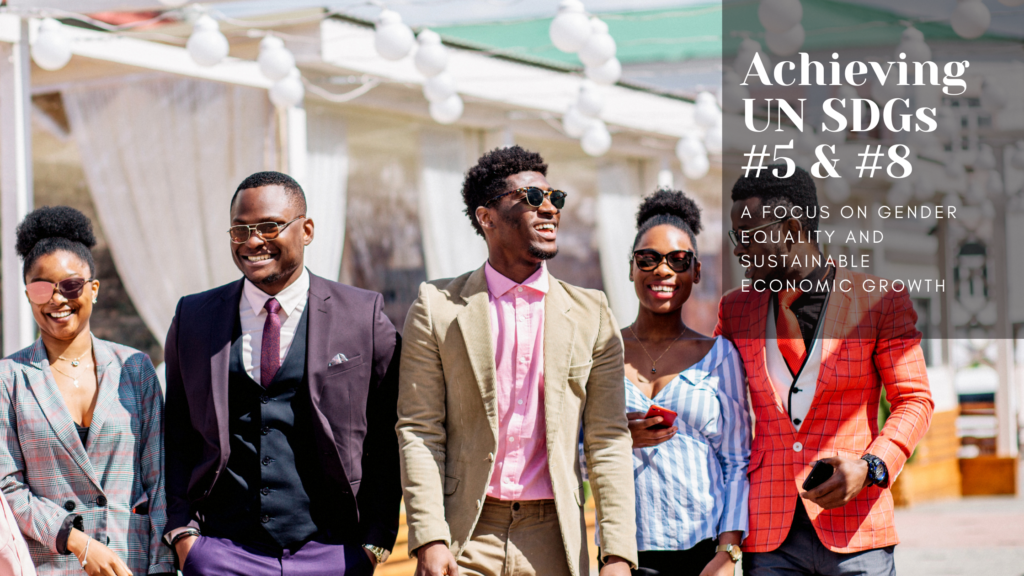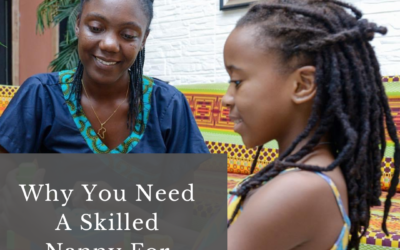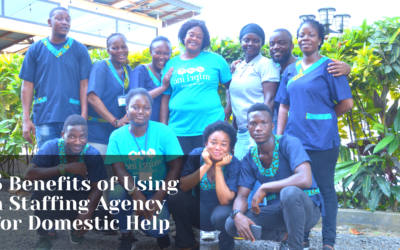ACHIEVING UN SDGs #5 AND #8

The United Nations (UN) has set itself to the task of achieving all of its 17 Sustainable Development Goals (SDGs) by 2030. Among the most crucial and most challenging goals are SDG 5 and SDG 8. SDG 5 is to achieve gender equality and empower all women and girls. Goal 8 is to promote inclusive and sustainable economic growth, full of productive employment and decent work for all, especially the youth.
These goals are set against the background of a world where women have been systematically excluded from accessing equal opportunities, and where the youth have had to watch from the sidelines as decisions concerning their future are controlled by an older, mostly male, population.
In 2030, the target time to achieve these goals, the global youth population is projected to grow to 1.3 billion, which is nearly an 8% increment from 2019. Yet, the prospects of the youth, particularly in developing countries, remain bleak as issues of unemployment and underemployment persist. Equally, although women form more than half of the people in the world, only a small percentage of them are employed in the formal sector. The overwhelming majority of women are in the informal sector where state protection and financial support remain a mirage.
…women have been systematically excluded from accessing equal opportunities.
To achieve goals #5 and #8, we need to rethink the role of the youth and women in development. We need to recognize the structural causes of gender inequality and youth disengagement. We need to acknowledge the role women play in keeping the wheels of society running – roles that are often overlooked such as child care cooking, and cleaning. With that knowledge, society will no longer hold the notion that women play an insignificant role in development, and the youth simply have to wait their turn.
Achieving these goals means removing the obstacles in the way of women and the youth and making sure that they participate in development now—not at a later date. It means giving them access to real opportunities and integrating them into the development and growth agenda.
In an increasingly global and competitive world, it is not even enough to simply provide opportunities. Women and the youth also need to be equipped with skills that allow them to take advantage of these opportunities when they come. This means investing in education and skill development for women and the youth.
In sectors such as the informal sector, where women and the youth dominate, investing in them will not only lead to the much-desired creation of productive employment and decent work for all, but it will also lead to women and youth empowerment.
–written by Jude Boateng







Recent Comments